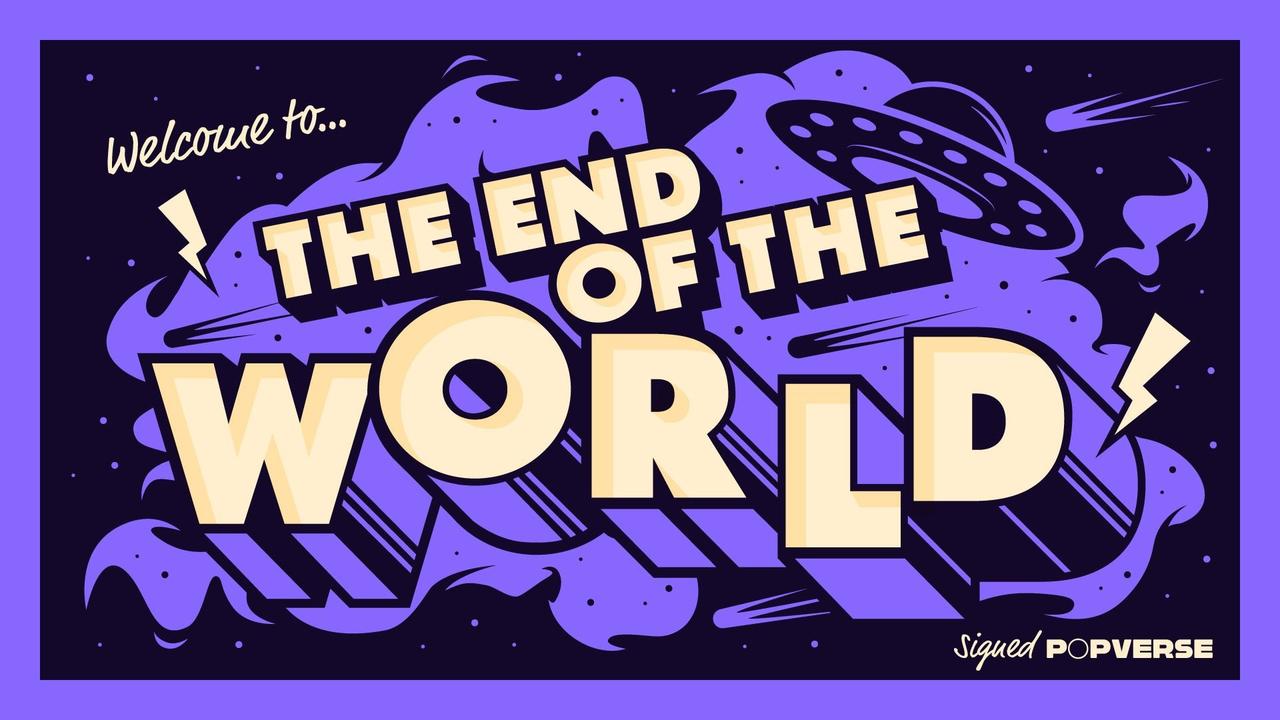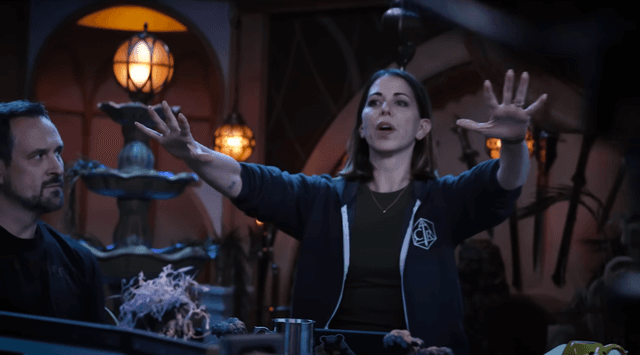If you click on a link and make a purchase we may receive a small commission. Read our editorial policy.
We're finally ready to love dystopian future movies, TV shows, and comics again... aren't we? (I hope so)
We're in a post-COVID, post-Trump presidency period; maybe downbeat sci-fi needs to reflect that better

Popverse's top stories
- Minneapolis comic & bookstore owner Greg Ketter emerges as a symbol of protest against ICE actions
- Wonder Man is the Andor of Marvel Studios’ modern TV series on Disney+
- With Marvel Tokon, Wolverine, and 1943: Rise of Hydra, 2026 will either be the best year for Marvel Games, or the most disappointing [Gamify My Life]
A funny thing happened on the way to our sure-to-come dystopian future: we hit a dystopian present.
Things Are Tough All Over

There’s an argument to be made that we’ve always believed that we’ve been living in a dystopian present, or at least an unhappy one; it’s part of the pessimistic human condition, to think that things used to be better in more innocent, earlier times, after all. But let’s be honest: in the past few years, things have been… especially bad. Countries around the world have seen the rise of hard-right political movements, with the U.S. President between 2016 and 2020 offering up a number of examples of the kinds of behavior that would have previously only appeared in a dystopian satire; and then, there’s that whole Coronavirus thing that was, bluntly, straight out of a science fiction horror movie. (I’d say it was this one, but that gets cured in the end.) All things being equal, it’s safe to say that the last decade or so has been a very difficult one for a lot of reasons, and one that has led to a lot of hurt for a lot of people.
It’s the kind of thing that impacts the stories that we read and watch. I doubt I’m the only one who found Max’s Station Eleven to be a thoroughly unsettling watch, with the show being about a pandemic that decimated the world released in 2021, when we were right in the middle of a pandemic that was decimating the world. The flashbacks to the pandemic-era felt a little too close to the bone, a little too real to be anything less than uncomfortable. (There are parts of the flashbacks in the first episode of The Last of Us that felt similarly “…huh” on first viewing, I admit.)
Dread of the Past, Fear of the Future

It’s not just COVID, though; the HBO miniseries Years and Years is an experimental drama that follows one family through a series of time jumps as the UK essentially falls into becoming a dystopian fascist state; released in 2019, its predictions about the rise of fascism — and, for that matter, predictions about international disaster caused by a failure of diplomacy and a lack of preparedness for the future — felt closer to reality than would have been preferred at the time; in the years since, I’ve genuinely felt unprepared to return to it in case it retroactively looks like a series of accurate predictions about the then-future. (That series also includes a pandemic, it should be worth noting.)
The experience of the past few years has also impacted the way previous dystopias play out these days. Even something that initially seemed so broadly satirical as The Purge now feels that little bit more… possible now. It’s not just the political and social aspects that have feel surpassed by reality; try watching the fake trailers for TV shows in RoboCop and you’ll realize that we get to see things like that on streaming platforms whenever we want now. Satirists like Black Mirror creator Charlie Brooker have spoken about the difficulty of creating fictional worlds that can speak to the absurd reality we’re living in these days.
The Shape of Things to Come

So… what does this mean for the dystopian fictions we consume? The obvious answer is that they’ll change in order to accommodate our current mindset just as movies and shows did post-9/11 — something that impacted the creation of stories long afterwards; a movie like Batman v. Superman: Dawn of Justice, made 15 years after the attacks, is clearly informed by what happened on that day, and very much “about” 9/11 as much as it is the titular heroes, I’d argue.
If that is what we should expect, it’s a good thing; post-apocalypse and dystopian fictions are at their most potent when they evolve along with our collective fears, and learn new things to keep us afraid of. We should always be ready to find new ways to fight our fears and move past them, in fiction and elsewhere, after all. Otherwise, we'll either avoid the stories that feel too real altogether, or find that the dystopias of old run the very real risk of seeming quaint and almost amusing... and that's something that we should never believe of any dystopia, past, present, or future.
Get ready for the end of the world with our guide to best dystopian TV shows of all time, a guide to how to watch/play the entire Fallout saga, and how to watch the Mad Max & Furiosa saga.
Follow Popverse for upcoming event coverage and news
Find out how we conduct our review by reading our review policy
Let Popverse be your tour guide through the wilderness of pop culture
Sign in and let us help you find your new favorite thing.
















Comments
Want to join the discussion? Please activate your account first.
Visit Reedpop ID if you need to resend the confirmation email.